Three people died and 13 disappeared on October 23, 2024, in one of the worst English Channel boat disasters off the coast of Calais. Mustafa Bakro was among those who disappeared. One year later, his relatives are still looking for answers about what happened the night of the shipwreck.
A large portrait of Mustafa Bakro overlooks the living room from the top of the wardrobe – the main piece of furniture in the living room. Located in the working-class neighborhood Masaken Hanano, in the Syrian capital Aleppo, the home is modest. Mustafa’s 21-year-old sister Lamees gently takes his portrait and lays it on a mat decorated with a yellow and black motif, where a dozen family members are already seated.
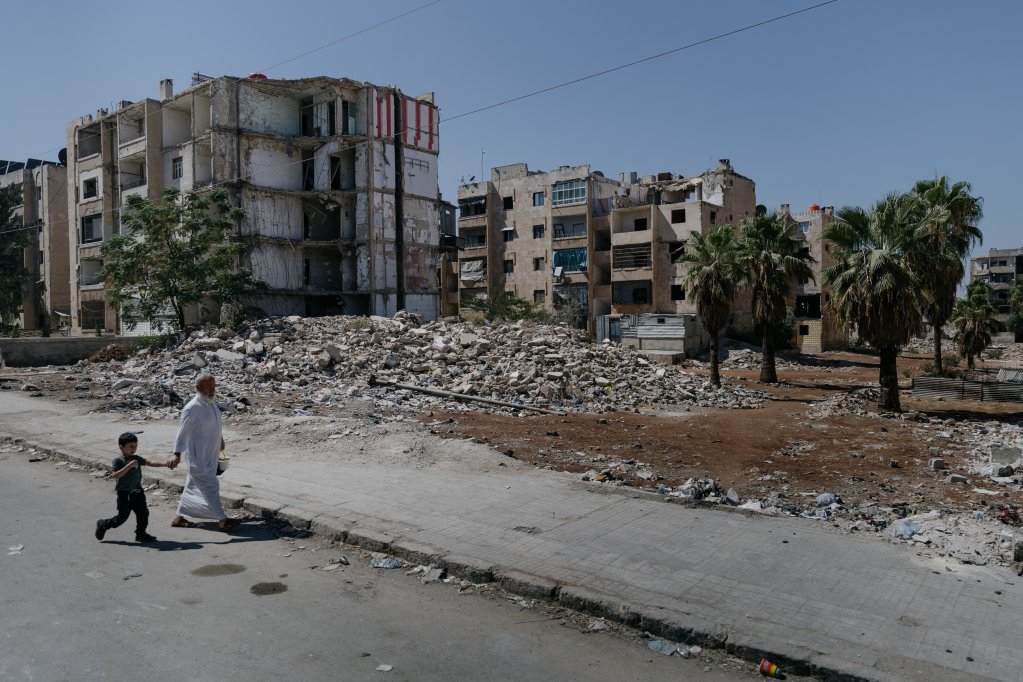
"Mustafa arrived in Calais, France, accompanied by three of his friends. He tried to cross the English Channel with them in the hope of reaching England," said Lamees' husband Ahmed Salibi. The 27-year-old Syrian left Aleppo and his family three weeks ahead of the fatal shipwreck in order to reach Europe. His relatives only received sporadic news about his progress. "Mustafa didn’t have a phone when he was in Calais. Amar, one of his friends,informed us what had happened," said Ahmed.
Mustafa Bakro tried to cross the Channel and reach the United Kingdom on a boat that sank a year ago on October 23, 2024, off the coast of Sangatte, in the Pas-de-Calais region. Officially, three migrants died that evening, but an investigation by the French online newspaper Mediapart reported that at least 13 people disappeared in the deadly shipwreck. Since then, Mustafa has remained missing and his relatives in Aleppo have been plunged into a painful waiting period marked by incomprehension and many questions.
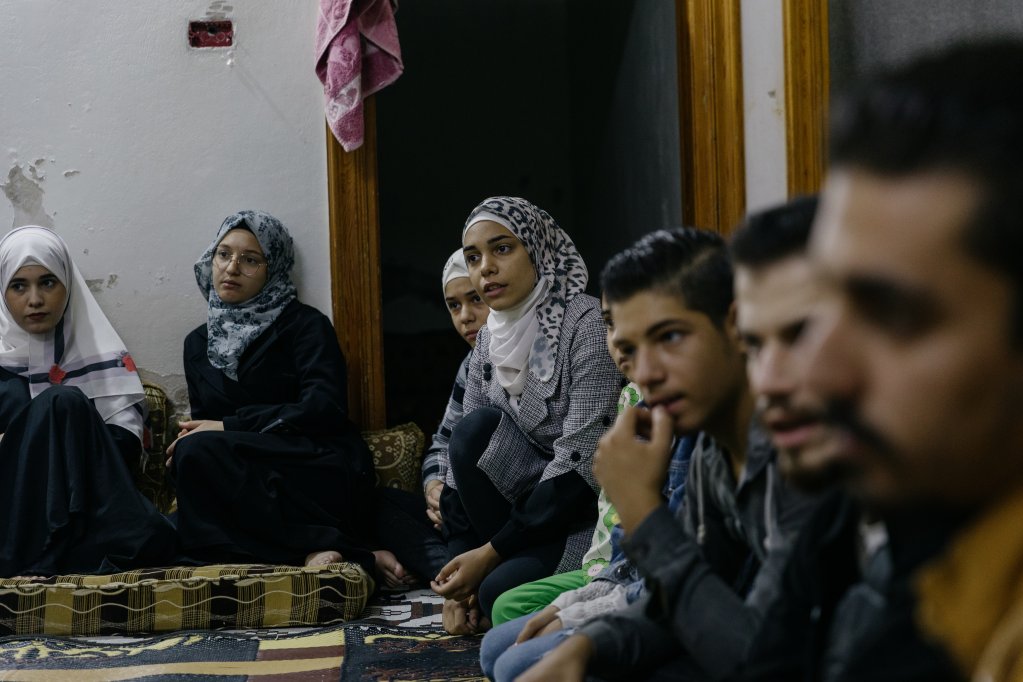
The crossing
"Amar called us and said: 'We don’t have any news from Mustafa since the shipwreck. His backpack is with us, and we found his passport inside, along with an external battery and some papers with your phone number on them,'" said Lamees, a telecommunications student at the University of Aleppo. Amar ended up informing the family about the events of that evening: a meeting had been arranged by the smuggler on one of the beaches located along the Opal Coast, and a hundred migrants had waited in the dunes until the early hours of the morning, despite bad weather conditions.
"Almost 70 people boarded the boat, the crossing began, but the sea was so violent that the captain decided to turn the boat around. The smuggler, who had stayed on the beach, saw this and became furious," reported Ahmed. With a knife in his hand, he threatened the passengers who wanted to get off the boat and forced them to resume their journey. The boat went back into the water in the direction of England. The vessel navigated several kilometers with difficulty, when one of its inflatable tubes exploded, throwing many passengers into the water.
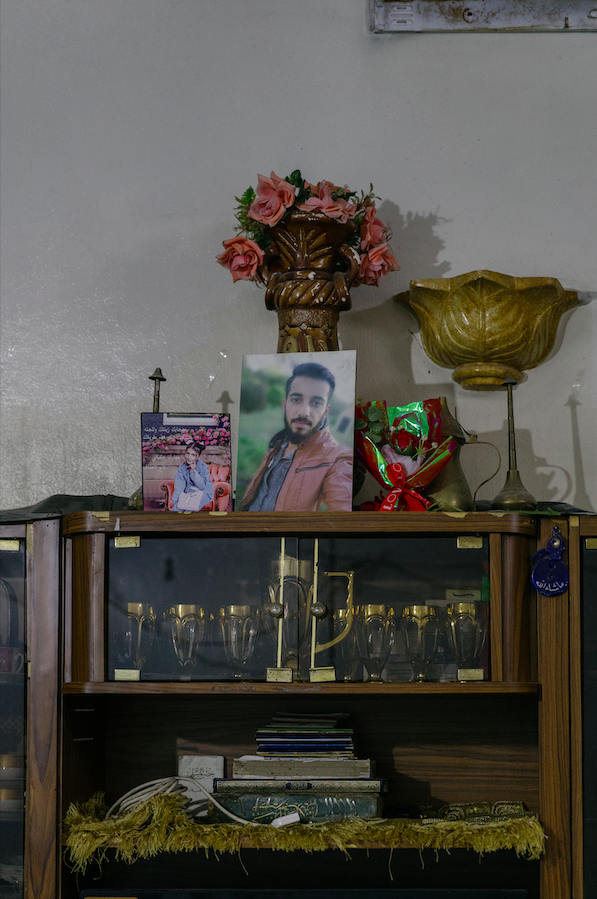
Amar and two of Mustafa's other friends struggled in the icy waters of the Channel for about half an hour. Rescue workers finally arrived and pulled 45 people out of the water – along with three bodies. "The last time Amar saw Mustafa was when three other passengers pushed the boat into the water," said Ahmed. "He also told us that women were the only ones on the boat wearing safety vests. Yet Mustafa didn’t know how to swim," said Ahmed.
Read AlsoSyria: Thousands displaced once more after attacks and killings in Latakia
The search
In the days that followed their conversation with Amar, Mustafa’s family desperately searched for more news about him. "We contacted the Red Cross, the Red Crescent, the police, and human rights organizations in France," said Lamees. A week after the shipwreck, Ahmed and Mustafa’s father, Bashir, met with officials from the Red Cross in Aleppo. "They asked us many questions about Mustafa and the circumstances around his disappearance. It was hard for Bashir, he was devastated by what had happened," says Ahmed.
For all their efforts, the family couldn’t find any trace of Mustafa. "The last time we spoke with the Red Cross, they said they would contact us once they had news. That was four months ago, and nothing has happened since," said Lamees.
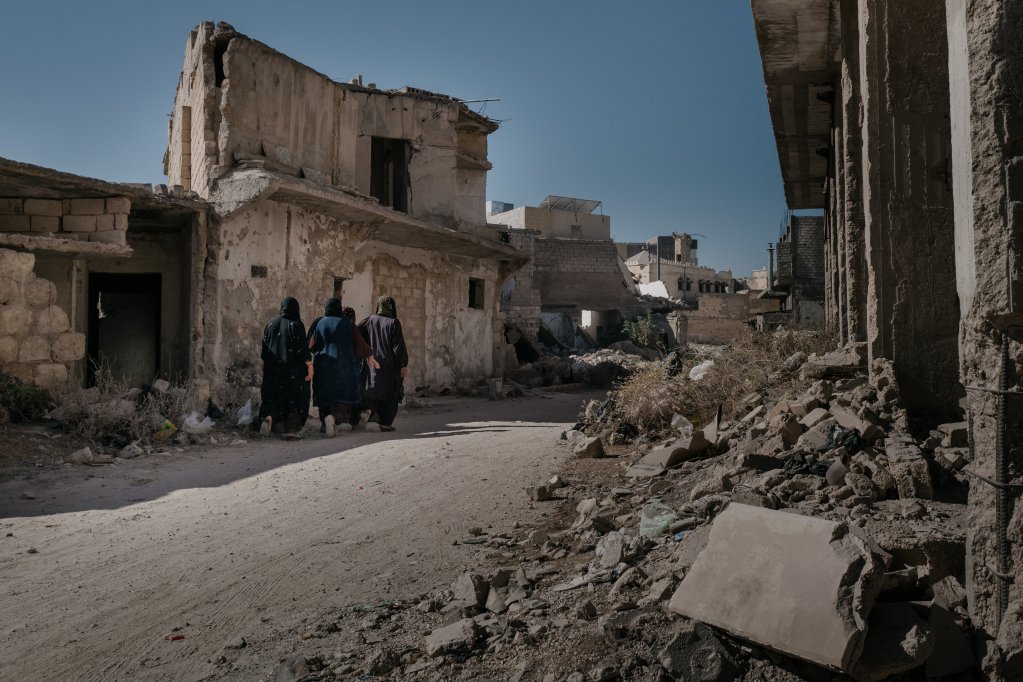
A year after the shipwreck, the family feels a mixture of anger, incomprehension and sadness. "We don’t understand what could have happened – the shipwreck happened near the coastline. The French authorities could have saved Mustafa and all the other survivors. Or in the worst case, they could have found the bodies," says Ahmed.
"An accumulation of circumstances pushed Mustafa to leave Syria. The war was the first reason of course, but Mustafa also wanted to avoid the required military service imposed by Bachar al-Assad’s regime," explains Ahmed. "He always wanted to improve his own financial situation so he could later support his family," said Amina, Mustafa’s 51-year-old mother, adding that the situation in Aleppo during the war was particularly difficult.
Read AlsoMigrants in Calais: 'The UK is our last hope'
The departure
The Masaken Hanano neighborhood, where Mustafa’s family lives, has row upon row of bullet-ridden buildings. Other apartments were simply reduced to ruins – a reminder of the violent combat that raged during 14 years of civil war between rebel factions and the forces of the former regime.
The family had to flee the neighborhood in 2014 and seek sanctuary with one of Lamees' aunts, who lives in the Aleppo countryside. Five displaced families lived together in one house during this time. Lamees, Amina and the rest of the family decided to move into an abandoned storage building, not far from the frontlines. The family stayed there for several years. "We didn’t have any other choice," says the young Syrian woman.
"Mustafa left in 2021 for Erbil, Iraq, and later to Bagdad, where he worked as a tailor," says his mother, picking up the story. "He is a very hard worker; sometimes he held down two jobs to help us." Mustafa stayed in Iraq for three years, supporting his family and putting aside money for a possible departure to Europe. "What he saw when he came back shocked him, the conditions were still bad, and it pushed him even more to leave Syria," explains Amina.
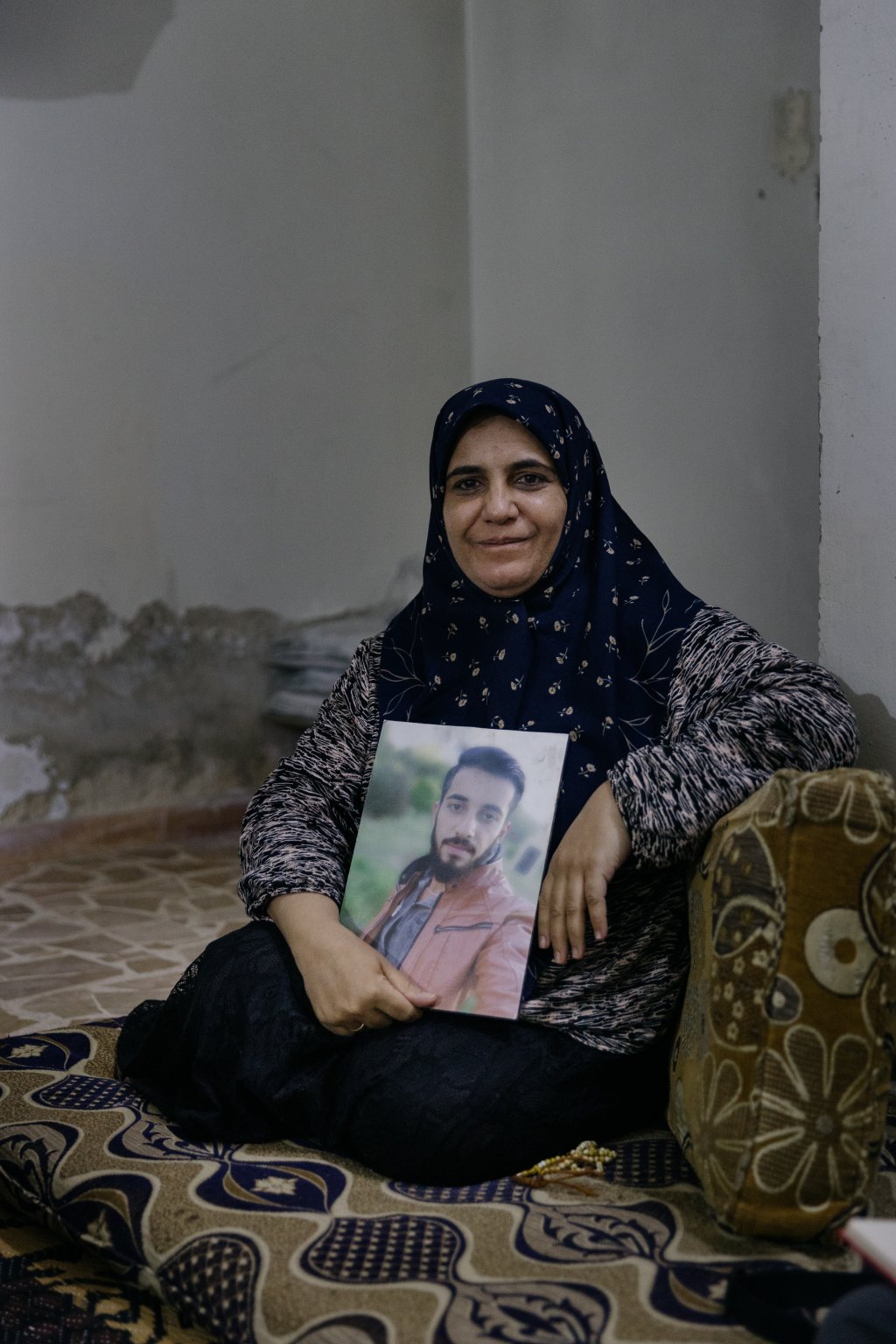
"I asked him not to leave, I told him he had to stay with us," says Amina, "but it was impossible for him to continue living in these conditions." Mustafa left Aleppo for Lebanon in September 2024, before flying from Beirut’s airport to Libya. After several days there, he managed to cross the Mediterranean aboard a makeshift boat and arrive in Italy. He stayed only a few days on the Italian peninsula, then reached France and Calais, after a brief stopover in Switzerland. His family lost contact with him on October 23, 2024.
"I didn't want him to leave; it's too dangerous. I've heard too many stories of deaths or kidnappings of people who wanted to go to Europe," says Amina, holding Mustafa's portrait in her hands. The young man in the photo has a neatly trimmed beard and is smiling a little. He is wearing a red jacket and a dark grey shirt. "We don't usually leave Mustafa's picture on top of the wardrobe; it makes me too sad, and I’ll cry from morning to night," said Amina, full of emotion. "When we found out you were coming to meet us, we put it back on the wardrobe."

